If the first and second waves of Covid-19 taught us anything, it’s that distance learning has many reasons to recommend it – it’s effective, its adaptive, it’s value-for-money, and its quality assured.
During the pandemic in 2020, many South African tertiary institutions had to urgently implement online learning in an effort to continue and complete the academic year. This meant a collective scramble to gain the appropriate technical and pedagogical skills of online learning and teaching.
Leaders in higher education are acknowledging that the new model is bringing benefits. UCT Vice-Chancellor Mamokethi Phakeng told The Conversation Africa’s Nontobeko Mtshali that “many of our academics say they will never again teach in the same way as before”.
Outgoing Wits Vice-Chancellor, Adam Habib, forecasts a stronger shift to a blended learning model; “Anecdotal evidence is showing that our students are performing better in the online environment than face-to-face. This suggests we need to re-imagine how we test and assess our students’ capabilities.”
Dr Divya Singh, Chief Academic Officer of STADIO Higher Education, says Covid-19 impelled the transition to online learning and forced academics and students alike to catch up faster than would otherwise have happened. “At our institutions – many of which already had good e-learning platforms in place – Covid-19 made us realise the importance of a good
e-learning system and the value of the investment. Our platforms were integral to enabling a relatively uninterrupted year of learning and teaching.”
The Third Wave
With South African schools and universities already delaying their return to classrooms after the second wave, the likelihood of tighter restrictions on movement, gatherings and targeted lockdowns appear unavoidable with the predicted third wave.
Dr Singh says prospective students should seriously investigate the distance learning capabilities of the tertiary institutions when considering furthering their studies.
The Research Institute of America found that e-learning increases knowledge retention by 25% - 60% compared to classrooms.
Of course, challenges remain. Access to technology and affordability of data remain critical barriers to entry and effective learning for many students in South Africa and there is a consideration that online learning may further the socio-economic gap. However, Covid-19 has expedited innovation to lower and even remove the barriers and further democratise education.
“To effectively expand tertiary education in South Africa we must meet the students’ needs, enabling them to study for workplace relevant qualifications in ways that suit them and from wherever they are based” says Dr Singh.
This is echoed by the World Economic Forum which recently stated that “As the rate of skills change accelerates across both old and new roles in all industries, proactive and innovative skill-building and talent management is an urgent issue”.
Dr Divya Singh says institutions like STADIO are evidence that South Africa remains at the forefront of innovative change and advancement in education.
“Our goal is that no student should be left behind because of the challenges imposed by pandemics such as Covid-19. We have all learned valuable lessons that will aid us when there are crises in future,” she says.
DATE: April 2021 | DISCLAIMER: The content of this blog is accurate at the time of publication. STADIO reserves the right to change the content due to changes in legislation, as well as for market requirements and other reasons.

